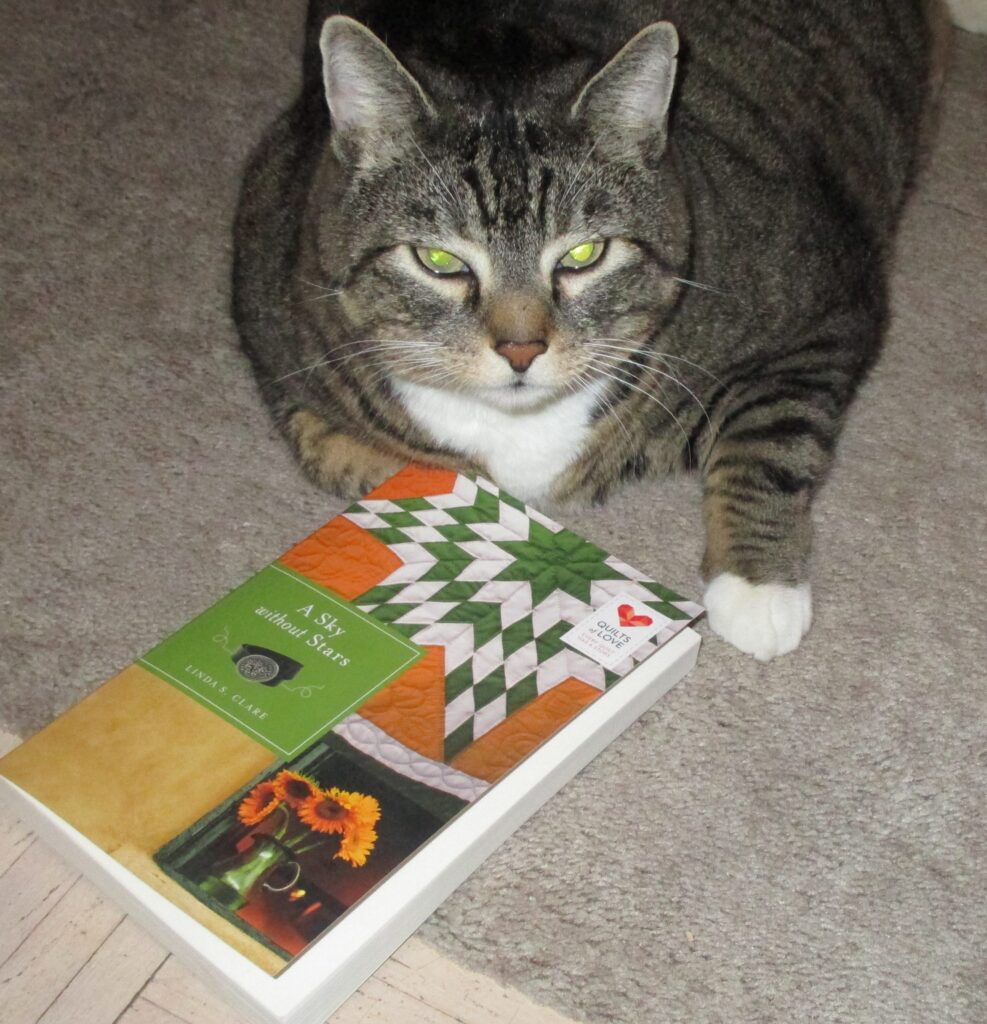Last post, we talked about beta readers, people who preview your manuscript. Let’s continue the conversation—who to ask, when to ask and what to expect from a beta reader.
Writing Tip for Today: Who makes a good beta reader? When should you find one? And what should you expect?
Readers v. Writers
Some authors use paid beta readers, but I don’t know that this strategy will be better than asking people around you. A good beta reader is someone who enjoys the type of book you’ve written, is in your target audience, is familiar with the genre and who is willing to give you specific feedback. Whether that person is another writer or just a reader depends on your preference.
The trouble with writers as betas is that often a writer will give feedback that is either nitpicky (according to that person’s pet peeves) or the writer tries to tell you how they would write it. While writers can usually give feedback in the language of writing (pace, plot, characterization, etc), writers can also have trouble switching into reader mode.
Some prefer finding avid readers instead. Readers may not be able to pinpoint structural problems, but they can tell you if the story held their interest, confused them or excited them. Unfortunately, readers can become overly complimentary in general terms, giving you no specific feedback to improve your work. Many authors find a combination of writers and readers to form a beta group.
Timing is Everything
When do you need a beta reader? It depends on what stage your work is at. If you’re in a critique group, you probably know that by workshopping your story week after week, members can become overly familiar with your story. In the draft stage, other writers may be most helpful, as long as they can deliver feedback without rewriting your work according to their ideas.
In revision, writer betas are probably more helpful than readers too. Writers usually understand the shape of story—the bones—better than readers and can give more specific feedback on rewriting. As you reach your “final” version, readers are a test group to a wider readership. At this end stage, readers might be more useful than other writers.
When you use beta readers, either writers or readers, be careful about the feedback. If you try to implement every suggestion you receive, your work is liable to stray from your intentions. Don’t be like the man who got on his donkey and rode off in all directions! Take what makes sense to you and forget the rest.

Be careful about the feedback you receive. Take what you can use and lose the rest.
Great Expectations
Beta readers are a good way of testing your story before you start agent shopping if you plan to publish traditionally. Many authors seek out a mix of writers and readers as their Beta Group. This combination promises a good balance of feedback, especially if you ask for different feedback at different stages of your writing project.
Many who use Betas make a list of specific questions for the readers to answer. This approach helps guide the beta readers away from generic feedback and helps beta writers avoid giving biased feedback. I suggest a list of no more than ten questions to guide your beta readers through your manuscript.
When you receive feedback, look for things that more than one reader points out. If several readers have the same complaint/question, pay special attention. Pay special attention to feedback that is actionable—that is, you understand a way to fix it. Saying your story “doesn’t flow” gives you no way to remedy. But a beta reader who says they got confused in Chapter Three and notes the specific reason is a much easier fix. Most of all, take your beta feedback for what it is—a test reaction to what you’ve written so far. The feedback from betas doesn’t define you as a writer—it’s only a snapshot of a few people’s experience.





